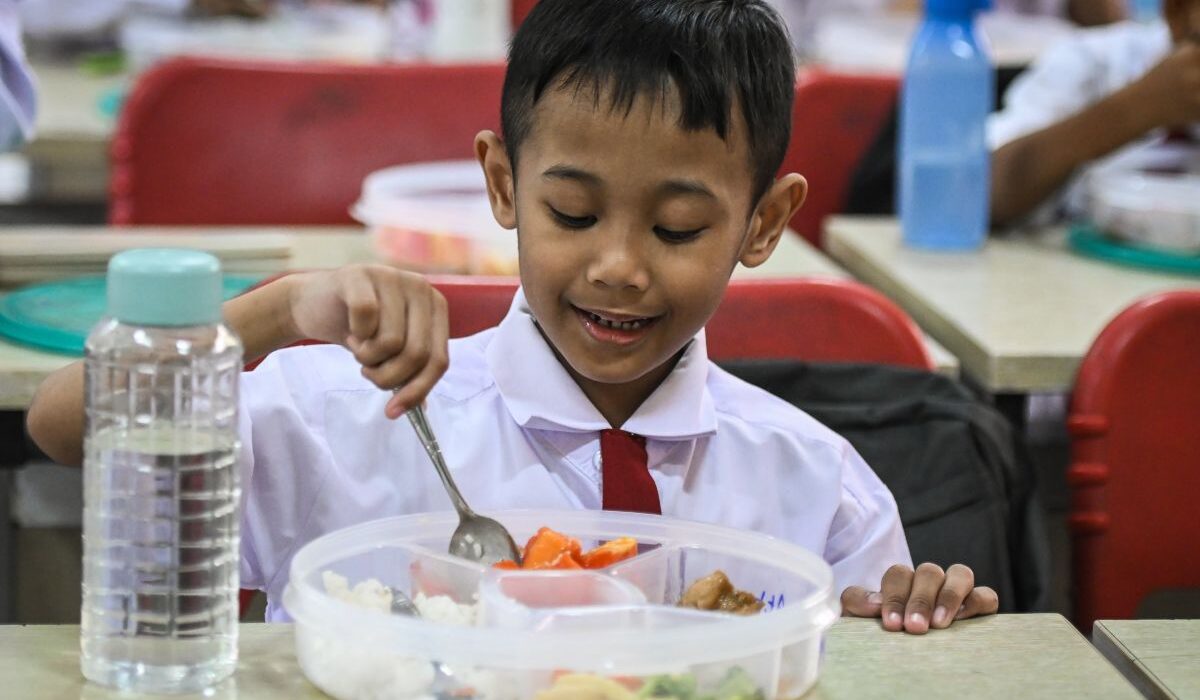As a sunny morning unfolds in Jakarta, Indonesia, Nina Megayanti sips her coffee, contemplating the shifting tides of fortune in her once-comfortable life. Two years ago, the waves crashed upon her shores as she was abruptly laid off from her marketing job amidst the country’s economic slowdown.
With a heavy heart and dwindling savings, Nina found herself caught in a relentless current of uncertainty that swept away not just her financial stability but also the simple pleasures she once took for granted – dining out with friends, weekend getaways to foreign lands, and even the security of homeownership.
Indonesia is facing a rising tide of unemployment that threatens to engulf millions like Nina. The International Monetary Fund warns that this year may see the country grappling with one of the highest unemployment rates in Asia, second only to China. Despite these storm clouds gathering on the horizon, President Prabowo Subianto remains resolute in his vision for Indonesia’s future.
Since assuming office last October, President Prabowo has been unwavering in his commitment to fulfill his campaign promises. Central to his agenda is the ambitious rollout of a nationwide free school lunch program aimed at nourishing young minds and bodies while investing in the nation’s tomorrow.
On the surface, this initiative appears noble and forward-thinking—an investment in human capital that could yield long-term dividends. However, detractors argue that such well-intentioned programs may be ill-timed against a backdrop of economic turbulence. With annual growth hovering around 5 percent, some experts question whether diverting billions of dollars towards social welfare schemes might exacerbate rather than alleviate Indonesia’s fiscal woes.
“The government is turning a blind eye to economic realities,”
asserts Awalil Rizky, an economist at Jakarta’s Bright Institute.
“Rising unemployment figures paint a stark picture of underlying fragility within our economy.”
While policymakers defend their actions as essential for fostering inclusive growth and social welfare enhancements, skeptics worry that slashing budgets and imposing austerity measures across key sectors like public works and education could strain an already fragile ecosystem dependent on state spending.
As Indonesia navigates choppy waters fraught with competing priorities and urgent needs clamoring for attention, President Prabowo stands firm behind his policy choices—undaunted by dissenting voices echoing cautionary tales from neighboring economies struggling under similar circumstances.
In this unfolding saga of economic uncertainty mingled with aspirations for progress and prosperity lies the heart-wrenching tale of individuals like Nina Megayanti—caught between past comforts lost and an uncertain future beckoning on Indonesia’s horizon.

